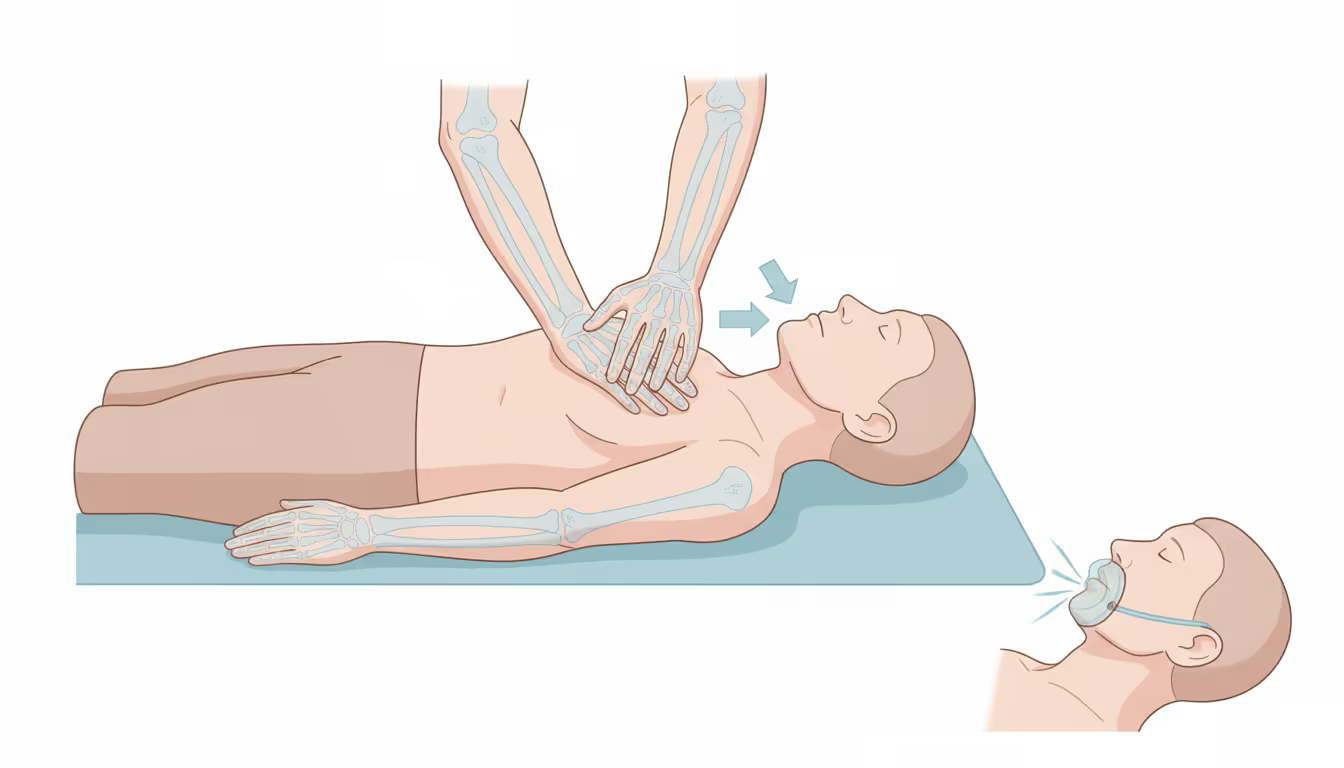
Varicella, commonly referred to as chickenpox, is a highly contagious viral illness characterized by a blister-like rash, itching, fatigue, and fever. The rash typically begins on the face and trunk before spreading across the body, leading to 250 to 500 itchy blisters. The virus spreads easily through direct contact or via airborne transmission when someone coughs or sneezes. Symptoms usually appear 10 to 21 days after exposure to an infected individual. Those with chickenpox are contagious starting a day or two before the rash emerges and remain so until all blisters have crusted over.In children, chickenpox generally results in an illness lasting between 5 to 10 days, often causing them to miss about 5 to 6 days of school or daycare. Symptoms can include high fever, severe itching, an uncomfortable rash, dehydration, and headaches. Approximately 1 in 10 children may experience complications such as skin infections, dehydration from vomiting or diarrhea, or worsening of existing conditions, necessitating medical attention.Certain groups, including infants, teenagers, adults, and those with weakened immune systems due to illness or medications like long-term steroids, are at a higher risk of severe chickenpox. Despite its name, chickenpox has no relation to chickens; the term was used to distinguish it from smallpox, with "chicken" implying a milder form of the disease. The rash itself isn't serious unless it becomes infected or occurs in someone with a compromised immune system.Complications from chickenpox can be severe, including pneumonia or the reactivation of the virus leading to shingles (zoster). Chickenpox causes more fatalities than measles, mumps, whooping cough, and Haemophilus influenzae type B combined. Contrary to popular belief, chickenpox is not a mild illness. From 1990 to 1994, before the vaccine was available, there were about 50 annual deaths in both children and adults in the U.S., many of whom were otherwise healthy. Unvaccinated children often transmit the disease to healthy adults, who can suffer severe consequences.The aim in the U.S. is to achieve widespread vaccination of children against chickenpox, not only to protect them but also to safeguard adults and pregnant women, preventing complications in unborn babies. Although chickenpox in children is usually mild, predicting the severity of each case is impossible. With a safe and effective vaccine available, taking risks with this disease is unnecessary.While it is rare, a person can contract chickenpox more than once. However, for most individuals, a single infection provides lifelong immunity.




